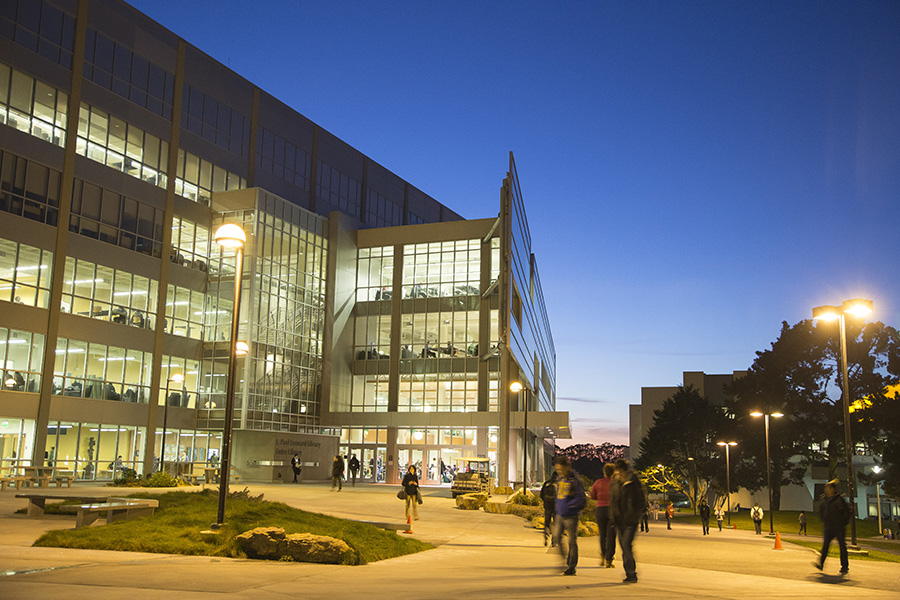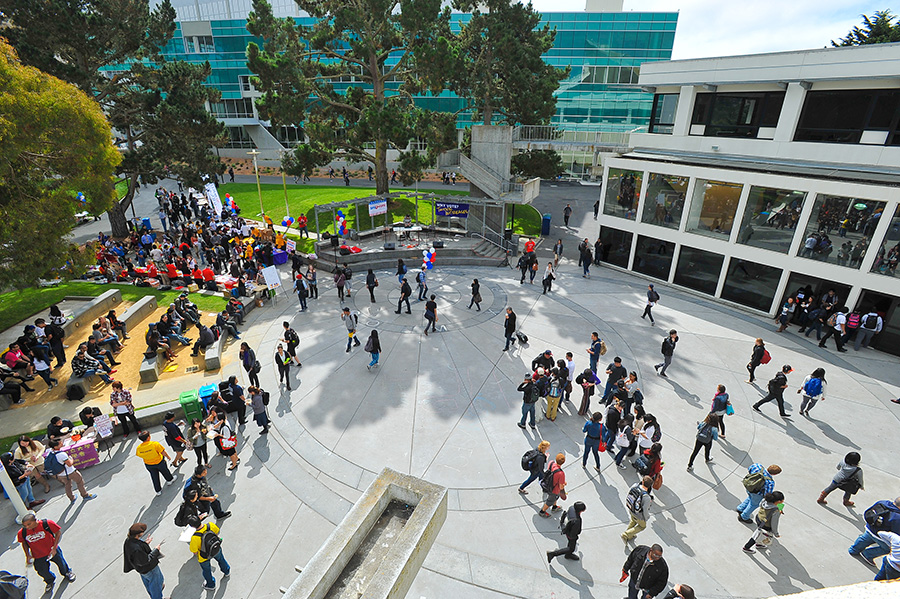College of Health & Social Sciences
Through a social justice lens, the Bachelor of Arts in Child and Adolescent Development (CAD) provides broad undergraduate preparation for students interested in early care and learning, elementary education, special education, and a variety of social service careers. The major supports and engages students as they gain knowledge about children, youth, and their families from a developmental perspective and prepares them to serve in school and community settings. All of our concentrations prepare students for advanced study in various disciplines. Students choose courses in their concentration to prepare for post-graduate studies in fields such as education, law, child life, medicine, psychology, social work, recreation, counseling, and physical therapy. Students choose one of the following concentrations:
Early Childhood: Prepares students to work in a variety of settings from social service agencies to preschools, serving children to birth to five-years-old and their families. This concentration is recommended for students who wish to meet requirements for the Child Development Permit issued by the California Commission on Teacher Credentialing.
School Age Child and Family: Prepares students who wish to become elementary school teachers and plan to enroll in a Multiple Subjects Teaching Credential Program after graduation.
Youth Work and Out of School Time: Prepares students to work in out-of-school time programs such as after-school programs, social service agencies, juvenile justice, recreation, residential treatment facilities for school-age children and youth, or other community-based programs for children and youth.
Students have the opportunity to gain experience in the field through community service learning courses.
The complementary studies requirement will be met by virtue of being in an interdisciplinary major.
Access the list of the major requirements to better understand the structure of the major.
The roadmap puts all of your graduation requirements into an easy-to-follow semester-by-semester plan so you know what to take to stay on track. Whether you are a freshman or a transfer student, you'll be able to find a roadmap that best fits you.
Besides your major requirements, students must complete their GE and University requirements. Be sure to make sure you've completed all of these requirements for graduation.
To learn more about this major, check out the major department’s website below. You can also find out how you can access their faculty advisors who can assist you not just with course choices, but also answer questions about the field and discuss your career plans.
Department of Child and Adolescent Development
HSS Building, Room 348
Phone: (415) 405-3564
Email: cad@sfsu.edu
Website: https://cad.sfsu.edu/, https://cad.sfsu.edu/youth-work-out-school-time
Acting Chair/Associate Professor: Linda M. Platas
Freshmen Student Advising Information
After choosing “Basic Subjects” GE courses in Steps 1-3 of your Orientation process (if you haven’t done so, log onto your Orientation Profile page to follow the “Pre-Orientation Advising Module”), STEP 4 Choosing Major Classes will show you if there are any classes you can take to satisfy major requirements for your first and/or second semester.
Once you have determined your Roadmap above, review the first section below and write down any course recommendations based on your corresponding major roadmap on your Freshmen Class Planner worksheet.
First Semester Course Recommendations — Roadmaps A, B, C & D
|
Major Class & Title |
Units |
Other Requirement Area(s) Met |
|
CAD 210 - Introduction to Applied Child and Adolescent Development |
3 |
Major Core GE Area: D1 |
If there are any course(s) listed above, please enter this information onto “Step 4” of your Freshmen Class Planner.
The Youth Work & Out of School Time concentration is for students who wish to work primarily with school-age children, adolescents, and transitional age youth in out of school time programs and social service agencies. Such programs include after-school programs, juvenile justice, recreation, residential treatment, social services, mental health, and public health.
Transfer Student Advising Information
Please see the box above labeled “Major Curriculum/Roadmaps & GE/University Requirements” for information on what courses to take in your first semester at SF State. View our Frequently Asked Questions for Transfers for helpful tips and additional information.




